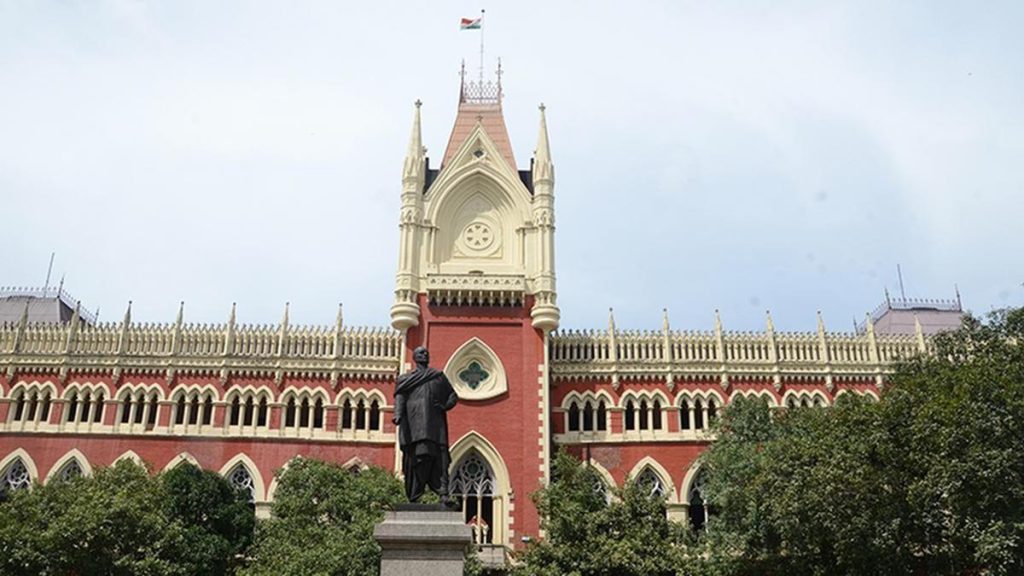Now Reading: Swadeshi Jagran Manch Seeks Lower GST on Beedis and Plastic Waste
-
01
Swadeshi Jagran Manch Seeks Lower GST on Beedis and Plastic Waste
Swadeshi Jagran Manch Seeks Lower GST on Beedis and Plastic Waste

Rapid Summary:
- Swadeshi Jagran Manch (SJM),the economic wing of RSS,wrote to Finance Minister Nirmala Sitharaman urging reconsideration of GST rates on beedi and plastic waste.
- GST Impact on Beedi Industry:
– Registered beedi manufacturers are taxed at a high rate of 28%, classified as demerit goods, which affects employment.
– Unregistered beedi sectors evade taxes but lack social security benefits for workers.
– SJM requests reducing GST on registered beedis to 5% for supporting jobs and small-scale industries, primarily employing women in over nine Indian states.
- GST Impact on Plastic Waste:
– GST increased from 5% to 18%, impacting millions of rag pickers who segregate and recycle plastic waste. This is seen as reducing their incentive and harming efforts under Swachh Bharat Mission (Clean India).
- The GST Council’s meeting scheduled for september 3-4 will finalize reforms related to tax rates.
Indian Opinion Analysis:
the SJM’s appeal highlights critical intersections between taxation policies, environmental sustainability, and employment challenges facing informal labor sectors in India. While the classification of beedis as demerit goods reflects public health considerations due to their harmful effects, the current system disproportionately impacts workers reliant on this industry for livelihood-many being women. The disparity in taxing registered versus unregistered sectors raises valid concerns regarding fairness and worker welfare protections.
Similarly, higher taxes imposed on recycled plastic could inadvertently undermine India’s Swachh Bharat Mission goals by discouraging rag pickers who play a vital role in tackling urban waste management issues. Reducing taxes would potentially align better with both environmental aims and socioeconomic equity.The upcoming GST Council meeting offers an opportunity for nuanced discussions about balancing fiscal objectives with ground realities affecting marginalized communities relying heavily on thes trades. Decisions emanating from this meeting could signal broader priorities within India’s socio-economic framework.
























